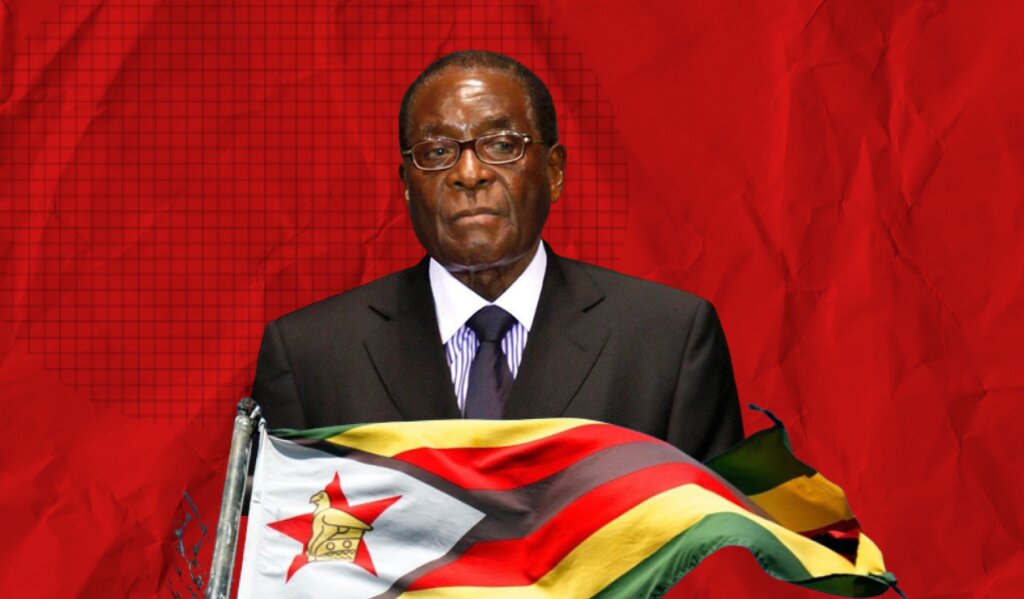Despite an IMF warning, Zimbabwe offers millions of gold-backed crypto coins.


The first gold-backed cryptocurrency sale by the Reserve Bank of Zimbabwe was a success. Despite a warning from the International Monetary Fund, the Reserve Bank of Zimbabwe has sold 14 billion Zimbabwean dollars worth of gold-backed digital tokens, equivalent to around $39 million.
On May 12, the Zimbabwean central bank stated that it has received 135 applications for the gold-backed cryptocurrency amounting to 14.07 billion Zimbabwean dollars.
According to XE.com, the Zimbabwean currency is officially selling at 362 Zimbabwean dollars to one US dollar — but significantly higher on the street — making the hoard nominally worth roughly $38.9 million.
The crypto tokens, which were initially offered in April, are backed by 139.57 kilograms of gold, and were sold from May 8 through May 12.

Individuals paid a minimum of $10 for the tokens, while businesses and other organizations paid a minimum of $5,000. The tokens have a minimum vesting duration of 180 days and can be stored in e-gold wallets or on e-gold cards.
The decision is apparently part of an effort to stabilize the country’s economy and the local currency’s persistent fall versus the US dollar.
A second round of digital token sales will be undertaken, and the bank has asked that applications be filed this week so that they may be finalized by May 18. RBZ Governor Dr. John Mangudya, according to local media, stated: The creation of gold-backed digital tokens is intended to broaden the value-preserving instruments accessible in the market, improve the divisibility of investment instruments, and broaden public access and usage.
According to a May 9 Bloomberg story, the decision follows a warning from the International Monetary Fund against the African nation’s idea for the gold-backed currency, urging that it should instead liberalize its foreign-exchange market.
An IMF spokesperson told Bloomberg that a careful assessment should be conducted to ensure that the benefits of this measure outweigh the costs and potential risks, which include macroeconomic and financial stability risks, legal and operational risks, governance risks, and the cost of foregone FX reserves.